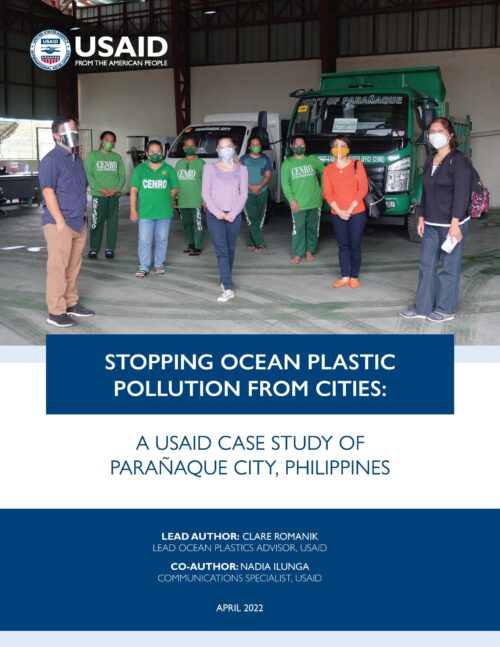Stopping Ocean Plastic Pollution from Cities: A USAID Case Study from Parañaque City, Philippines
Ocean plastic pollution has reached crisis level: every minute, more than an entire garbage truck of plastic makes its way into the world’s oceans—roughly 11 million tons annually. While plastic waste presents an immediate threat to marine wildlife and ecosystems, this global challenge also has implications for major industries such…
